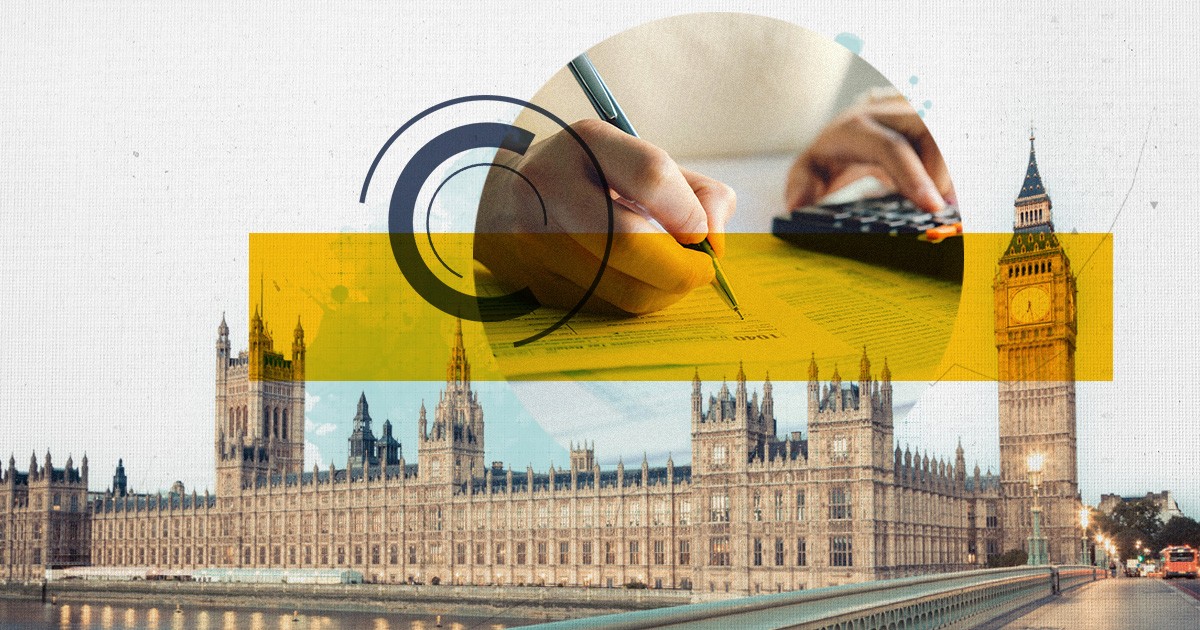
Self-employment: What’s at stake at tomorrow’s Autumn Statement?
By Fred Hicks, Senior Policy and Communications Adviser, IPSE
As the familiar chorus of political speculation reaches its crescendo ahead of tomorrow’s Autumn Statement, cuts to inheritance tax, income tax, and even Class 4 National Insurance have all been deemed worthy of press speculation – but the overall picture is still hazy. All that can really be gleaned is that there will probably – possibly – be some form of tax cut unveiled.
Downing Street is doing little to quell the rumours, with the Prime Minister declaring on Monday that government can now turn its attention to cutting tax. But why the sudden change, given that just two months ago the Chancellor said that such a thing would be “virtually impossible”?
Why cut taxes now?
Government will argue that news of UK inflation having halved this year – one of the PM’s ‘five priorities’ – gives them the space to do this. More cynical observers will point to a wide polling gap between Labour and the Conservatives and label tax cuts as a run-of-the-mill pre-election giveaway.
But a third explanation is the need to get the UK economy out of its slump. Higher interest rates are one of the main culprits, but it’s no coincidence the UK workforce is also experiencing economic inactivity in excess of pre-pandemic levels, and most notably for IPSE, a shrunken and stagnant self-employed sector – albeit one with enormous rebound potential.
The question is, how can government channel this rumoured tax cutting turnaround into making the self-employed, their clients, and the economy better off (and will they)?
The forgotten powerhouse
A word search of government budgets and statements of recent years reveals that, in a very literal sense, the self-employed have been entirely omitted. This is a problem – the sector, which fell in stature during the pandemic and has stagnated since, is facing significant challenges that show no signs of solving themselves. In that time, the sector’s impressive economic contribution has fallen by an estimated £25bn, having previously stood at over £300bn.
There’s little doubt that personal tax cuts would benefit all workers, but particularly the self-employed, ensuring that those who make the decision to create and earn for themselves are sufficiently rewarded. It may be just what the sector needs to get back on the path to growth.
But to secure that growth and a better future for the UK’s self-employed, it’s clear that more needs to be done than tinker with tax rates – a point that has been at the heart of IPSE’s lobbying ahead of the Statement.
Time is money
It’s as true for dealing with tax as it is for anything else, and taxes take up a lot of self-employed time. Not just to complete, but to comprehend, navigate and comply with.
Harmful tax rules like the recent reforms to IR35 have brought about all kinds of disruption to the simple task of finding and completing work. It causes contract negotiations to break down, or take longer, whilst others have decided that working with freelancers (or indeed being one) isn’t worth the trouble that IR35 brings with it.
More recently, the inexplicable use of outdated ‘Managed Service Company’ legislation to target contractors and small companies using digital accountancy services creates yet more confusion for those using a company to sell their services.
And for those seeking to challenge or query HMRC, or merely to understand an action that has been taken against them, answers can be difficult – if not impossible – to find. Customer service levels at the tax office have been subject to intense scrutiny over the past 18 months, with MPs calling on the Revenue to improve its “unacceptable” service. HMRC subsequently closed its customer phone lines for a three-month period in Summer.
In short, lower taxes can’t prop up a tax system that is not functional, fair and proportionate for the self-employed to interact with – something which IPSE has urged the Chancellor to take steps to address in the Statement.
Securing self-employed success
We also need to ensure the self-employed sector is equipped for the future of work (which, with the advent of an AI tech boom and accelerated automation, is arguably already here). This of course means equipping them with the skills and knowledge to remain viable, just like we dedicate extensive resources to develop the nation’s workers and apprentices.
It’s fine to argue that the self-employed should pay for their own training and skills, and that’s pretty much our view too; but if we agree it’s important for our workforce to be better trained, why base access on employment status? For those employees who we train today, why not continue to train them as freelancers tomorrow?
Unfortunately, investment in self-development is often among the first things to be jettisoned when the self-employed are under financial pressure. More effective incentives delivered through the tax system could change the equation.
Recognition is long overdue
Ultimately, what’s at stake for the self-employed is not just a slightly easier time in the world of work, but knowing that government recognises and genuinely understands what they offer. Changing the relationship between government and the self-employed could have a transformative effect on the sector’s size, productivity and capability to provide sustainable incomes for hundreds of thousands more people than it does today. The sector is absolutely worthy of cultivation, but it needs government to choose to break with convention and put them at the heart of tomorrow’s statement.
Health and Safety Consultant | HSE Manager | HSSE Director | HSEQ Vice President | Interim Manager | Expert Witness | NEBOSH | IOSH | IIRSM | Oil and Gas | Renewable Energy
5moFor me personally, like many self employed people, the 2021 IR35 "Off Payroll" Regulations is the main one we want to see reversed.